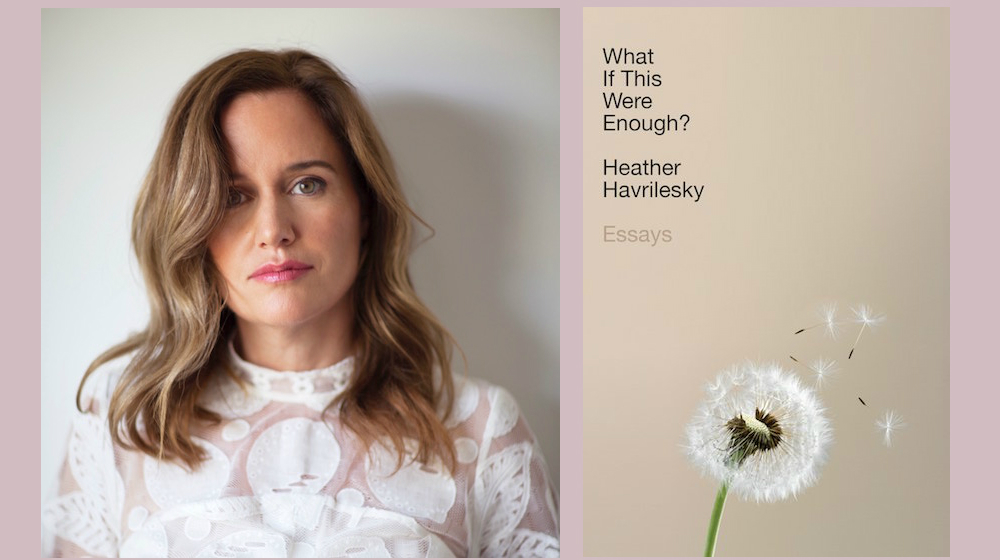“Chica,” my friend texted, “Are you okay?”
She had sent me a link about a gunman killing 12 people at a bar in Thousand Oaks, a little more than an hour from where I live. I quickly sat up in bed and read the whole story. I texted another friend who actually lived in Thousand Oaks, holding my breath until she answered. She was safe. For now.
The next day, she awaited evacuation orders as the Woolsey Fire spread throughout Ventura County to Malibu, to the San Fernando Valley, and to other parts of Los Angeles. I texted my friend again, as well as my cousin. A few days later, they both evacuated. When I went outside, I could smell smoke in the air. I looked up at the sky, hazy from the smoke. The sun was red. It felt like the end of the world. I wanted to escape.
It wasn’t just the effects of climate change reaching our backyards. It wasn’t just children being separated from their families at the border. It wasn’t just a Supreme Court nominee getting confirmed after being credibly accused of sexual assault. It wasn’t just another mass shooting. It was all of it, together. Who wouldn’t want to leave this behind?
As it turns out, we’ve built a lifestyle around escape. In her recent book of essays, What If This Were Enough?, Heather Havrilesky trains her gimlet eye upon various aspects of our culture — Disneyland, foodies, the cult of Marie Kondo — to show the lengths we’ll go to avoid dealing with the real world, with our real selves.
As New York Magazine’s “Ask Polly” advice columnist, Havrilesky deals regularly with personal escape fantasies. For several years, she has confidently and compassionately advised readers about how we use bad relationships, unfulfilling careers, and faulty narratives about ourselves to avoid looking at and accepting who we truly are, in all our messy glory.
While essays about personal relationships are sprinkled throughout, the main focus of What If This Were Enough? is about our personal restlessness and the larger cultural forces that keep us from true fulfillment.
“It’s hard not to be insatiable, I think, particularly at this moment,” Havrilesky tells me over the phone. In a society that’s constantly telling us that we need more, we need better, that who we are or what we have is not enough, it’s hard to feel whole, even if we do find love or success or 10,000 Twitter followers.
This is why we invest in relationships that always leave us wanting more and why we work ourselves into a frenzy over crafting the perfect tweet or Instagram post. We’re trying to live our lives to impress an audience that doesn’t exist, or is invisible, rather than embracing our imperfections and reflecting on what’s actually important to us.
This tendency doesn’t only harm ourselves, but can be dangerous to others. Havrilesky points this out in her critique of foodie culture, where people drop whole paychecks to taste grass-fed venison or rabbit larb simply because it appears more sustainable. The environmental destruction, labor exploitation, and economic inequality behind the process that ultimately brings the dish to a foodie’s table is usually ignored.
Havrilesky also maintains that because our daily lives are now so cloistered from tangible struggle, we’ve developed a collective death wish. This is why, she says, we seek out childhood classics like Little House on the Prairie, apocalyptic TV shows like The Walking Dead, and fitness trends that mimic Spartan labor. She even connects so many people voting for Donald Trump to chasing this thrill: “It was as if many Americans preferred to step off a tall cliff rather than live with the impermeable blank nothingness and precariousness of modern life,” she writes.
Like many liberal, privileged Americans, Trump’s election was a wake-up call for Havrilesky, a realization that she couldn’t just use her feminist values to tell advice seekers to dump their bad boyfriends. “Eventually you hit a wall and you have to learn about other people’s experiences,” She says, “You have to reckon with your own racism and your own prejudices and your own upbringing and your own internalized misogyny.”
This is the opposite message that many modern-day self-help “gurus” like Tim Ferriss advocate. Havrilesky believes Ferriss’s advice to optimize ourselves above all else is morally bankrupt because, it “relies not only on the defeat of human emotions, but on a denial of the existence of prejudice, of resistance, of the machinery of oppression.”
As an advice columnist, Havrilesky found herself at a crossroads when she started getting offers to make inspirational presentations for lots of money. “I needed to kill that golden goose and just say, ‘I can’t understand this particular version of becoming a shiny, perfect, lifestyle brand of a person and trying to inspire people with how efficient and special and gorgeous you are,’” she says.
“My remedy to that is just soak up the mediocrity, just really live inside your mediocre moment and start to place value on it, and stop putting power into onto this imaginary nowhere point that you’re trying to reach.”
This frees up energy for us to reckon with our own biases and find our own way in bringing progress to the communities we’re part of.
We spoke the day before the Thousand Oaks shooting, when the midterm elections were still a fresh rebuke of Trump. To Havrilesky, this shows that people aren’t just sitting back and escaping into Game of Thrones. “The culture itself is extremely passive — it’s a consumerist culture — there are a lot of negative things in the mix obviously and a lot of them are in my book,” she says, “But I do kind of feel like there’s this very positive, palpable forward motion happening right now.”
What If This Were Enough? shows us that instead of escaping, we can pull ourselves back from the brink.


